If you feel overwhelmed by the relentless pace of social media, struggle to focus on one thing, or have a diminished attention span, you may be suffering from “popcorn brain.”
"Popcorn brain" is a term coined in 2011 by David Levy, a researcher at the University of Washington (USA). "This term describes the tendency to pay attention and focus quickly from one thing to another, like popcorn popping," explains clinical psychologist Daniel Glazer.

"Popcorn brain" is a harmful phenomenon for the brain, caused by excessive use of social networks.
As life becomes more and more digital, mental health experts are increasingly concerned and want to share more ways to combat this phenomenon. According to the NY Times , a study once showed that up to 62.3% of the global population uses social media, with an average daily usage time of 2 hours and 23 minutes (as of the end of January 2024).
According to a report from the University of California (USA), the amount of time people focus on screens before switching to something else has decreased from an average of 2.5 minutes (in 2004) to 75 seconds in 2012 and has continued to decrease, to 47 seconds up to now.
Excessive scrolling, browsing through posts, alerts, interactions, and ads, stimulates the body to release small amounts of dopamine (a hormone and neurotransmitter) that "rewards" the brain and encourages this cycle to repeat itself, according to psychologist Dannielle Haig.
“Over time, the demands on attention and rapid switching between tasks can lead to feelings of mental restlessness or the brain ‘speed-shifting’ as it struggles to maintain focus on any one task for long periods of time,” explains Haig.
The expert warned that the phenomenon of "popcorn brain" can negatively affect social interactions, patience, happiness, productivity, and increase anxiety and the risk of burnout.
"Today's popular apps are in some ways aligned with divided attention, encouraging rapid switching between addictively designed content to maximize user engagement. That constant digital stimulation negatively impacts brain function," added expert Daniel Glazer.
To reduce the condition of "popcorn brain" or concentration loss, experts say users should set limits on the use of technology devices, "digital detox" to let the brain rest and recharge, participate in activities without the presence of screens such as meditation, exercise, movement, reading (paper), creating art or immersing in nature. Focus on a single task to train the brain, not always multitasking; delete applications and try to control social media usage.
Source link




![[Photo] Binh Trieu 1 Bridge has been completed, raised by 1.1m, and will open to traffic at the end of November.](https://vphoto.vietnam.vn/thumb/1200x675/vietnam/resource/IMAGE/2025/10/2/a6549e2a3b5848a1ba76a1ded6141fae)



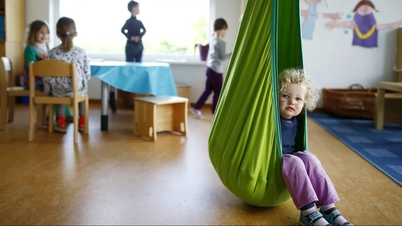





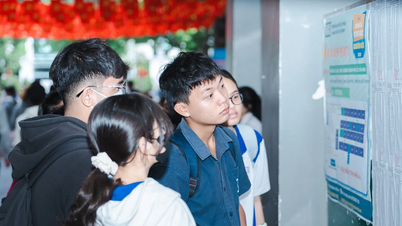




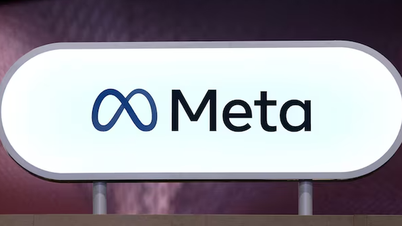
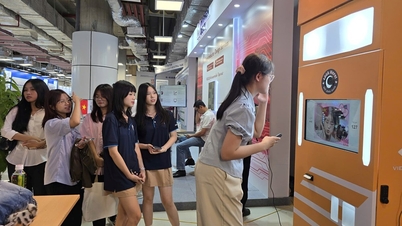





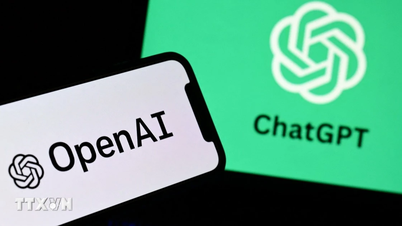










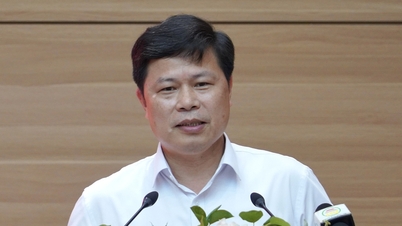














































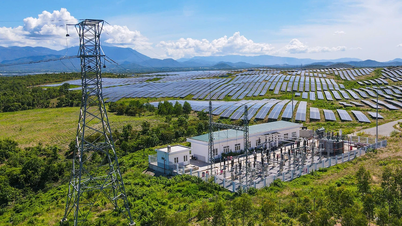






















Comment (0)